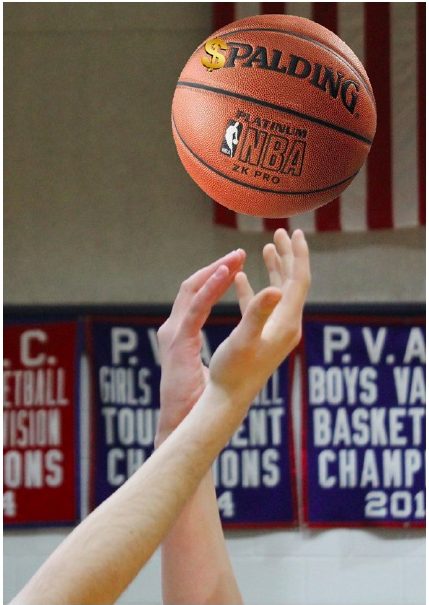Why the NCAA should embrace paying their athletes
photo illustration courtesy of Josh Diewald
California recently passed a new law allowing NCAA college athletes to be compensated and to hire sports argents. Here is why the NCAA should embrace this critical change.
October 17, 2019
A revolutionary change is coming to collegiate sports as California Governor Gavin Newsom signed the “Fair Pay to Play” Act on September 30. I support this legislation because I believe that if colleges are using athletes to promote their name, image and popularity, these players should receive compensation for their hard work.
Starting in 2023, college athletes in the state of California will be able to get paid by their colleges based on their popularity from fans and the way they represent the school. Along with this, athletes will be able to hire sports agents to represent them, which until now has limited athletes’ eligibility to attend college and play for their athletic teams simultaneously.
The question of whether college athletes should be paid has been a revolving topic for years, and now this concept is finally becoming more of a reality. For years, the National Collegiate Athletic Association has been against this sort of legislation; any time a college athlete has tried to break the rules and make money off of their likeness, their respective college has either suspended them or asserted that player’s ineligibility to compete.
Many professional athletes such as Golden State Warriors’ Draymond Green have spoken out about the issue in support of the bill. Players like Green have applauded Governor Newsom for passing this law which has been long-awaited by college and professional athletes.
In a press conference that aired on NBC, Green stated, “You spend so much time in college broke, with no money, and yet everybody else was living well. The university is making a ton of money off your likeness.”
These colleges take advantage of the talent that athletes bring to their campus. Some of these athletes lack the support and money needed to live a successful life outside of sports as only a small percentage of collegiate athletes make their way to the professional field.
In a research study, it was found that Division I basketball players have a 23 percent lower graduation rate than other students. This shows that giving athletes a scholarship and just paying for their education is not enough. The NCAA uses these players for their skills and image as a way to make revenue, while not providing these athletes with the necessary foundation to have a successful life outside of sports.
The NCAA should take all of these points into consideration and start to compensate players throughout the country. The “Fair Pay to Play” Act is a stepping stone in what could become a momentous change in collegiate sports.








